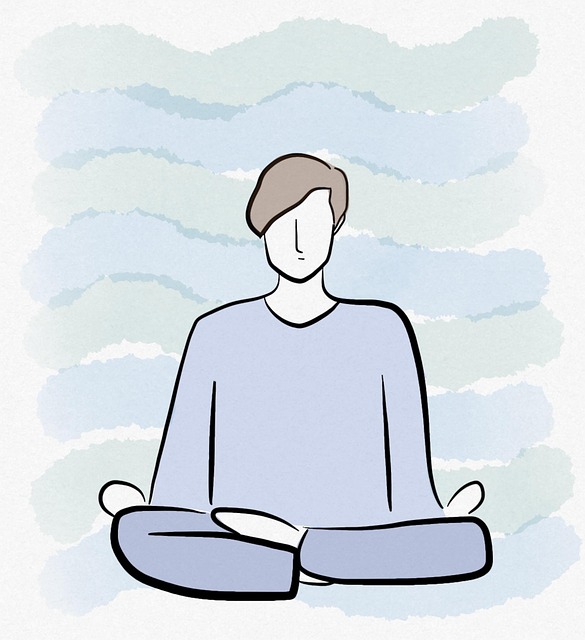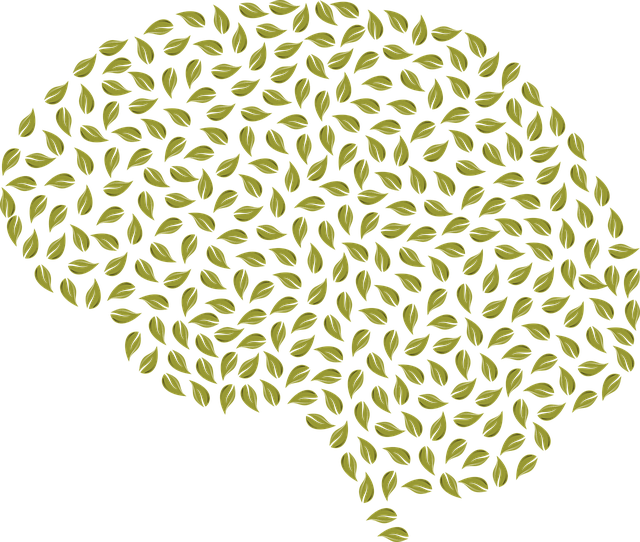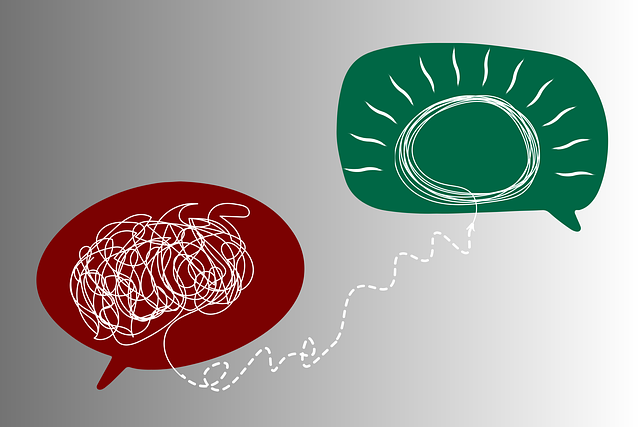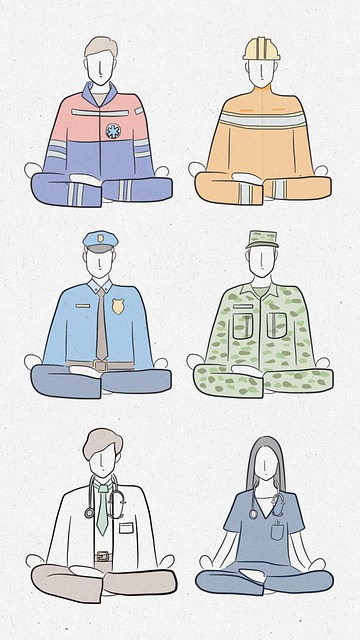Creating supportive, judgment-free environments through techniques inspired by the Mental Wellness Podcast Series enhances mental wellness groups for healing and growth, especially in addressing domestic violence. Group facilitators use open dialogue, active listening, clear language, emotional reflection, mindfulness practices, and trauma-informed care to create safe spaces where survivors can share experiences, develop coping skills, and gain resilience, ultimately offering Superior Domestic Violence Therapy.
Mental wellness group facilitation is a powerful tool for fostering community, understanding, and healing. In this article, we explore effective techniques for facilitating supportive environments where individuals can share experiences and grow. We begin by understanding the dynamics of mental wellness groups and emphasizing the importance of creating safe spaces. Then, we delve into communication strategies that enhance engagement and connection. Furthermore, we discuss specialized techniques tailored to address domestic violence, offering superior domestic violence therapy through group support.
- Understanding Mental Wellness Groups: Creating a Safe Space
- Effective Communication Strategies for Group Facilitators
- Addressing Domestic Violence: Specialized Techniques for Healing and Support
Understanding Mental Wellness Groups: Creating a Safe Space

Creating a supportive and safe environment is paramount when facilitating mental wellness groups. This space should be free from judgment, allowing individuals to express their thoughts and feelings openly. In today’s digital era, where folks often navigate a labyrinthine landscape of challenges, these groups offer a crucial sanctuary for healing and growth. By fostering an atmosphere of understanding and empathy, facilitators can enable participants to embark on their journey towards mental wellness with confidence.
In terms of domestic violence therapy, superior practices emphasize the importance of creating a safe haven where survivors can share their experiences without fear. This approach not only enhances recovery but also empowers individuals to break free from cyclical patterns. Incorporating techniques from the Mental Wellness Podcast Series Production and designing engaging Mental Health Education Programs can further boost participants’ confidence in expressing themselves.
Effective Communication Strategies for Group Facilitators

Effective communication is a cornerstone for successful group facilitation, especially when addressing sensitive topics like domestic violence. Group facilitators play a crucial role in creating a safe and supportive environment where participants can share their experiences and learn from one another. Superior domestic violence therapy often relies on strategies that encourage open dialogue, active listening, and non-judgmental attitudes. Facilitators should employ clear and concise language to ensure everyone understands the discussion’s focus.
Using techniques like reflecting back emotions, paraphrasing, and validating participants’ feelings can foster emotional regulation and coping skills development. Encouraging mindful practices such as mindfulness meditation allows individuals to stay grounded in the present moment, helping them manage stress and difficult emotions effectively. By combining these communication strategies, facilitators can guide their groups towards a deeper understanding of mental wellness and resilience.
Addressing Domestic Violence: Specialized Techniques for Healing and Support

Addressing domestic violence requires specialized techniques tailored to heal and support survivors. In addition to traditional therapy methods, facilitators can employ powerful tools like trauma-informed care, which prioritizes understanding and managing traumatic responses. This approach ensures a safe and non-judgmental space for participants to share their experiences and develop coping strategies.
Mental wellness coaching programs can play a pivotal role in this process, focusing on risk management planning for mental health professionals. By integrating these strategies, facilitators empower survivors with valuable coping skills development, enabling them to navigate challenging situations and promote long-term mental wellness. This holistic approach not only addresses immediate needs but also fosters resilience and personal growth.
Mental wellness group facilitation is a powerful tool for fostering healing and support, especially in addressing complex issues like domestic violence. By creating safe spaces and employing effective communication strategies, facilitators can guide individuals toward recovery and empowerment. The techniques discussed, tailored to navigate the unique challenges of domestic violence, offer a superior approach to therapy, ensuring that those affected receive the comprehensive care they deserve. This holistic method not only empowers survivors but also contributes to building resilient communities.














